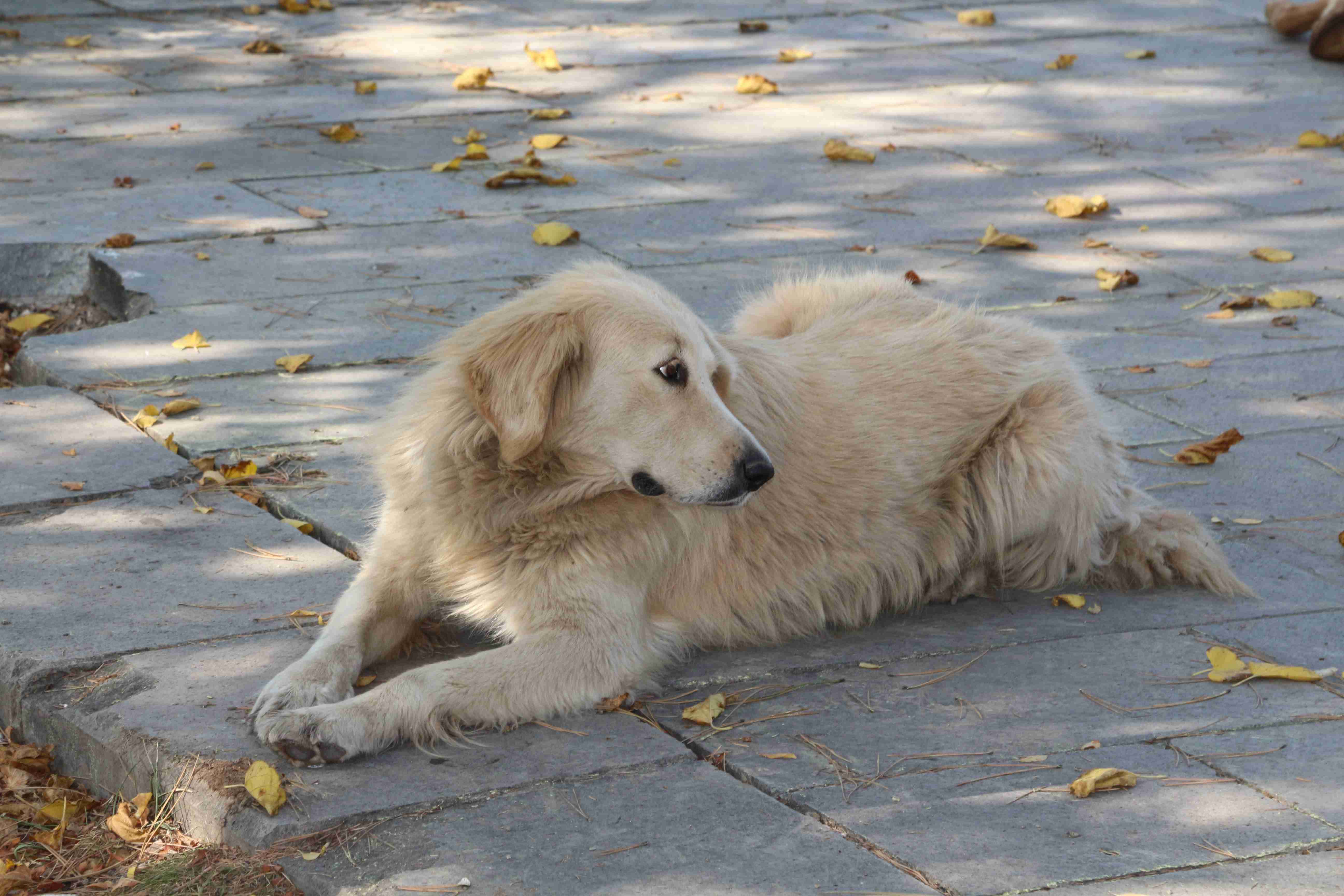Welcome to our latest blog post, where we delve into the potential gastrointestinal problems that poodles may face. Poodles, with their luscious curly coats and vibrant personalities, are beloved by many for their intelligence and elegance. However, behind their regal appearance lies a vulnerability to certain gastrointestinal issues that owners should be aware of. In this article, we will explore the specific risks that poodles face, common symptoms to watch out for, and practical tips to help keep their digestive systems healthy. So, if you’re a poodle owner or simply curious about these adorable canine companions, keep reading to discover the ins and outs of poodle gastrointestinal problems.
Poodle Problems: Unveiling the Risk of Gastrointestinal Issues
Poodles are popular and beloved dog breeds known for their intelligence, elegance, and distinctive curly coats. However, like any other breed, Poodles are not immune to various health issues. One area of concern is their gastrointestinal (GI) health. In this blog post, we will delve into the potential gastrointestinal problems that Poodles may face and discuss how to identify, prevent, and treat these issues.
Understanding the Poodle’s Digestive System:
Before diving into the specific gastrointestinal problems that Poodles may encounter, it is essential to understand their digestive system. Poodles, like all dogs, have a complex digestive system comprising organs such as the stomach, small intestine, large intestine, rectum, and anus. Their digestive system is designed to break down food, absorb nutrients, and eliminate waste.
Common Gastrointestinal Problems in Poodles:
1. Gastritis:
Gastritis refers to the inflammation of the stomach lining, which can be acute or chronic. Poodles may develop gastritis due to dietary indiscretion, eating spoiled or contaminated food, or a sudden change in their diet. Symptoms include vomiting, loss of appetite, abdominal pain, and discomfort.
2. Gastroenteritis:
Gastroenteritis is the inflammation of the stomach and intestines. Poodles can develop gastroenteritis due to bacterial or viral infections, parasites, dietary changes, food allergies, or ingesting toxic substances. Symptoms may include vomiting, diarrhea, dehydration, abdominal pain, lethargy, and loss of appetite.
3. Pancreatitis:
Pancreatitis is the inflammation of the pancreas, often caused by a high-fat diet, obesity, or certain medications. Poodles are more prone to pancreatitis due to their genetic predisposition. Symptoms include abdominal pain, vomiting, diarrhea, loss of appetite, lethargy, and dehydration.
 - Copy.jpg)
4. Intestinal Parasites:
Poodles are susceptible to various intestinal parasites such as roundworms, hookworms, whipworms, and Giardia. These parasites can cause gastrointestinal issues like diarrhea, weight loss, abdominal pain, and poor coat condition. Regular deworming and preventative measures are crucial to keep Poodles parasite-free.
Prevention and Treatment:
To minimize the risk of GI problems in Poodles, it is essential to follow these preventive measures:
1. Maintain a balanced diet: Feed your Poodle high-quality, easily digestible food that meets their nutritional requirements. Avoid sudden dietary changes and refrain from feeding them fatty or spoiled foods.
2. Monitor their environment: Keep your Poodle’s environment clean, ensuring that they don’t have access to garbage or toxic substances.
3. Regular exercise: Engage your Poodle in regular exercise to promote overall health and prevent obesity, which is a contributing factor to gastrointestinal issues.
4. Regular veterinary check-ups: Schedule regular check-ups with your veterinarian to detect and address any GI problems early on. Your vet may recommend screening tests, such as fecal exams, to check for parasites.
When it comes to treatment, always consult your veterinarian for professional guidance. Treatment options may include dietary modifications, medication to alleviate symptoms, deworming medications, or surgery in severe cases.
While Poodles are generally healthy dogs, they are not exempt from gastrointestinal problems. Being aware of the potential issues and taking preventive measures can significantly reduce the risk of these problems. By providing proper nutrition, maintaining a clean environment, regular exercise, and seeking veterinary care, you can help ensure that your Poodle enjoys excellent gastrointestinal health throughout their life. Remember, early detection and treatment are key to keeping your furry companion happy and healthy.
In conclusion, it is important for poodle owners to be aware of the potential gastrointestinal problems that their furry friends may face. While poodles are generally a healthy breed, certain factors such as genetics, diet, and stress can increase their susceptibility to digestive issues. By understanding the common gastrointestinal problems poodles may experience, we can take proactive steps to prevent, manage, and treat these issues to ensure our poodles lead happy and comfortable lives. So, let’s stay vigilant, provide them with a balanced diet, and prioritize their overall well-being. With the right care and attention, we can help our poodles have healthy tummies and enjoy their playful and energetic nature for years to come!


%20-%20Copy.jpg)
.jpg)
.jpg)
%20-%20Copy.jpg)


